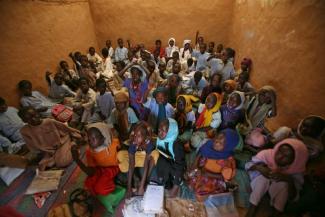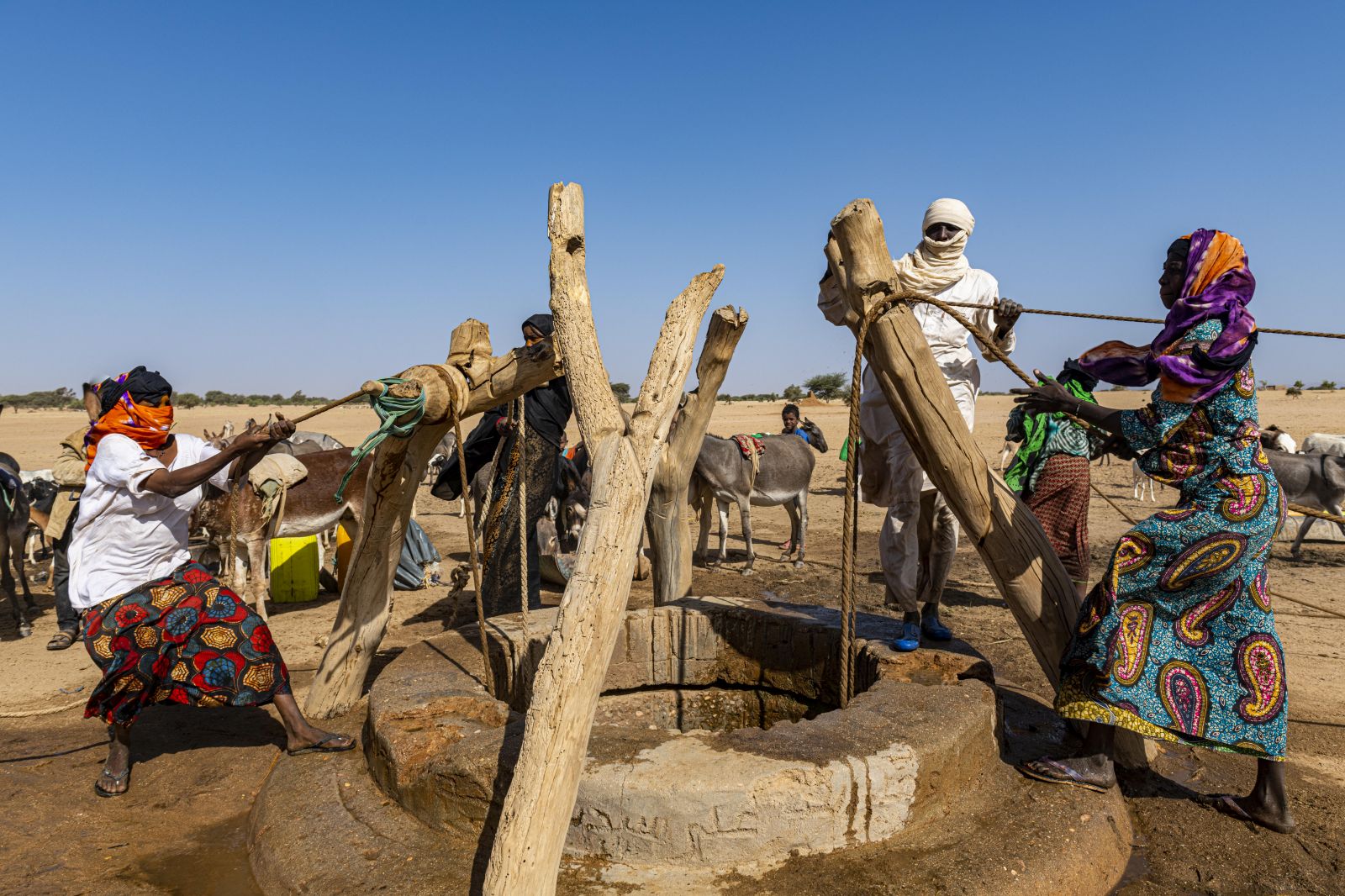Humanitarian aid
Wishes and visions

Elhadj As Sy, the secretary general of the International Federation of Red Cross and Red Crescent Societies (IFRC), presented a wish list for 2018 on the website of the British newspaper The Guardian. It is of long-term relevance and deserves permanent attention. His goals are attainable in principle, but Sy bemoans the lack of determined leadership and courage to ease human suffering. One might add that long-term visions and the willingness to act charitably are lacking as well.
The world needs solutions for all global crises, says Sy, proposing some changes. His first wish is that all children stuck in crises get a good education. They “should not lose the opportunity to contribute to their world tomorrow,” he writes. Unfortunately, 75 million of an estimated 462 million young people aged three to 18 in places affected by armed conflict, disasters and other emergencies are not receiving adequate schooling, according to Sy. An example he mentions are the displaced Rohingya people from Myanmar. Of course, girls and boys displaced by other crises around the world must not be forgotten either.
Sy insists that education must be a priority in humanitarian action, not an afterthought. “It also needs to be specifically tailored to help children process the horrors they have witnessed, and to counteract the horribly compelling narratives put forward by extremist groups.”
This demand is spot on. Development experts know that education is the most important means to promote development in poor countries. Education shapes the youngest people in society and can bring about long-term change. That is precisely why authoritarian regimes keep a tight grip on what is taught in schools. They want to nip independent thinking in the bud in order to thwart the emergence of opposition views in the long run.
Educating children and youth in the refugee camps and crisis regions according to the values of free and humane societies is obviously the best investment in the future. It will provide them good tools they can use when they eventually return home to rebuild their countries.
Sy’s second big wish is that 2018 may go down in history as the year when the world seriously mobilised for health emergencies. It is as important as the first one. In his eyes, the deadly rise of forgotten or unknown diseases – like Ebola, Zika, yellow fever and plague – was a reminder in recent years of how vulnerable we all are to the next public health emergency. Sy argues that weak health systems in developing countries and the dramatic economic in-equality add to the problems. These matters are interrelated. The strong governmental health systems that many rich nations have reduce the impacts of inequality. Poor countries, however, cannot afford such health systems and often lack the know-how to maintain them. As is true of the education sector, they need help from the industrialised countries. For the sake of humanity’s shared future, Sy must be heard. The international community must make his wishes come true.
Sabine Balk is member of the editorial team of D+C Development and Cooperation / E+Z Entwicklung und Zusammenarbeit.
euz.editor@fazit-communication.de














